PREVIEW
Guests heard on Volume 125
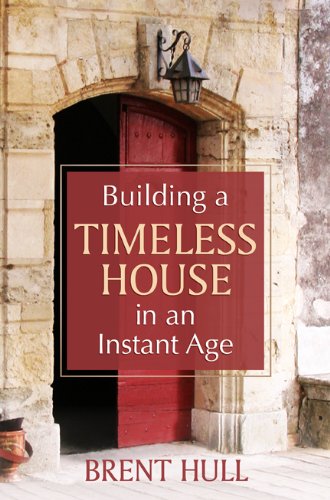
Brent Hull, author of Building a Timeless House in an Instant Age, on the virtues of craftsmanship
read more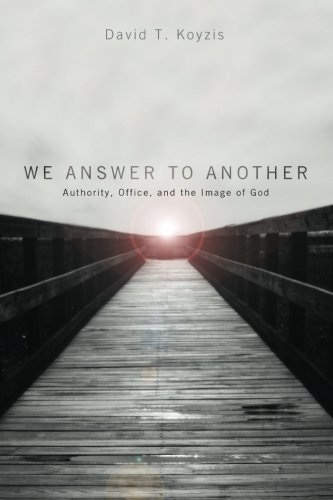
David Koyzis, author of We Answer to Another: Authority, Office, and the Image of God, on the goodness and nature of authority
read more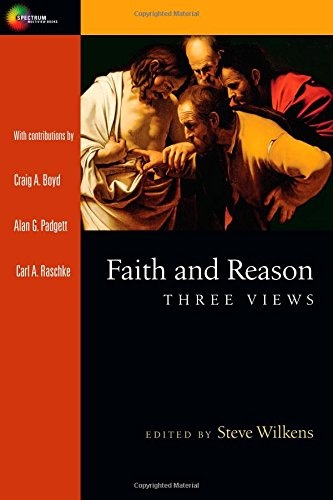
Steve Wilkens, editor of Faith and Reason: Three Views, on three Christian views of the relationship between faith and reason
read more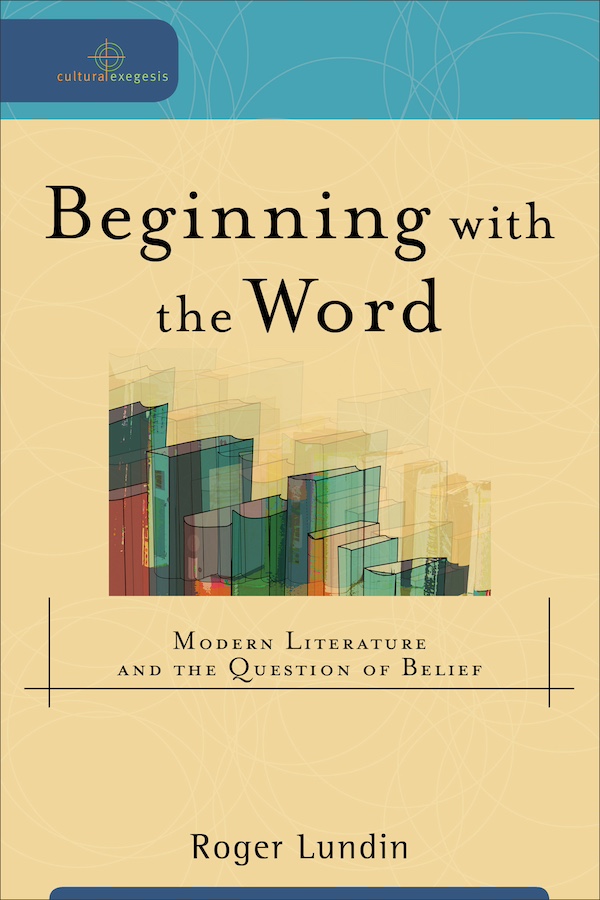
Roger Lundin, author of Beginning with the Word: Modern Literature and the Question of Belief, on faith and doubt in an inescapably verbal universe
read more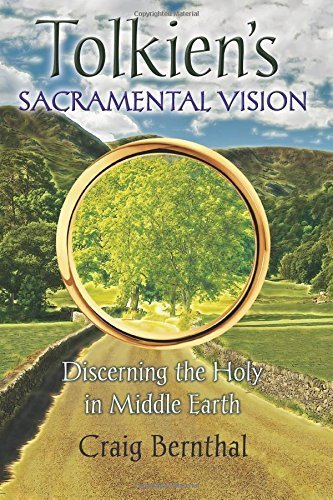
Craig Bernthal, author of Tolkien’s Sacramental Vision: Discerning the Holy in Middle Earth, on the Christian doctrine of Creation in Tolkien’s mythic writings
read more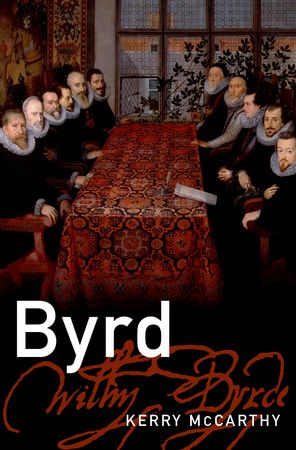
Kerry McCarthy, author of Byrd, on the life and legacy of English Renaissance composer William Byrd
read moreRelated reading and listening
- Antagonism or fruitfulness? —
FROM VOL. 108 Jean Porter describes how natural law justifies legal and moral authority within the life of the human person. (17 minutes) - Governments officially committed to ignorance — In this lecture, D. C. Schindler explains why authority, properly understood, is essential to genuinely human life. (39 minutes)
- Sacramental Poetics — Poet and Eastern Orthodox believer Scott Cairns explains how a good poem functions like an icon: it assists the process of our becoming aware of what is real, and it is generative in the ways it keeps opening up new understandings. (56 minutes)
- Joy & sorrow, destitution & abundance — In this poetry reading and talk, poet Christian Wiman discusses his own faith journey and how his struggles worked themselves into his poems. (40 minutes)
- “The Emersonian elixir” —
FROM VOL. 20 Robert Richardson and Roger Lundin discuss how Ralph Waldo Emerson’s legacy lingers in American culture. (18 minutes) - The primacy of imagination —
FROM VOL. 51 Literary critic Roger Lundin situates William Blake as a descendant of the radical Protestant movement of the 17th century and as a forerunner of the late 19th and early 20th century movements that put theology and the human spirit in opposition to the natural, fragmented, fallen world. (11 minutes) - Dickinson and modern malaise —
FROM VOL. 36 Roger Lundin explains how Emily Dickinson’s understanding of love, nature, religion, and mortality are modern in content. (11 minutes) - The importance of literary reading —
FROM VOL. 70 Dana Gioia discusses the important role literary reading plays in society and the 2004 publication from the NEA about such reading. (13 minutes) - Flannery at 100 — In honor of Flannery O’Connor’s 100th birthday, we have gathered here an aural feast of interviews with O’Connor scholars and aficionados discussing her life, work, and faith. (3 hours, 28 minutes)
- Ideas made incarnate — In this lecture, Karen Swallow Prior examines the power of great literature to shape lives, nourish imaginations, and develop a vision of the good life. (43 minutes)
- Insights into O’Connor’s development as a writer —
FROM VOL. 160 Jessica Hooten Wilson discusses her experience studying and organizing Flannery O’Connor’s unfinished third novel, Why Do the Heathen Rage? (27 minutes) - Excluding cranks and dabblers — Drusilla Scott on Michael Polanyi’s insistence that the “community of science” required authority
- Steward of knowledge vs. autonomous knower —
FROM VOL. 66 Esther Lightcap Meek challenges the modernist view of knowledge, which prefers the figure of the autonomous knower to the figure of a steward of knowledge acquired in part from others. (15 minutes) - Wonder, being, skepticism, and reason —
FROM VOL. 135 Matthew Levering talks about the long and rich tradition of reasoning about God. (23 minutes) - Metaphysics and sub-creation —
FROM VOL. 144 Jonathan McIntosh claims that scholarship has tended to ignore the depth of St. Thomas Aquinas’s influence on J. R. R. Tolkien’s work. (28 minutes) - “A sign of contradiction” — In this lecture, Daniel Gibbons compares and contrasts understandings of sacramental poetics proposed by Augustine, Aquinas, and Sydney. (36 minutes)
- Submission to mathematical truth — In this lecture, Carlo Lancellotti argues that integration of the moral, cognitive, and aesthetic aspects of mathematics is needed in a robust liberal arts mathematics curriculum. (25 minutes)
- When philosophy loses its way —
FROM VOL. 52 Ralph McInerny (1929–2010) speaks about themes from his 1999 Gifford Lectures, which relate how natural theology came to be regarded as pointless, resulting in a philosophical dead end.(24 minutes) - The need for robust Christian intellectual life — In this lecture, Robert Benne surveys the contemporary landscape in which Christian scholars attempt to integrate their faith and their intellectual life. (43 minutes)
- How fantasy restores the world — In this 2019 lecture, Alison Milbank shows how fantasy can help restore to us a vision of human flourishing that counters the atomization and meaninglessness of modern life. (43 minutes)
- Virgil and purposeful history — In this lecture from June 2019, classical educator Louis Markos examines Book II of The Aeneid to argue that Virgil had an eschatological view of history. (68 minutes)
- The Decline of Formal Speech and Why It Matters — John McWhorter examines the reasons behind the decline in articulate speech and writing in the late 20th century, and the implications of this change across many areas of culture. (55 minutes)
- Bearing well the burdens of the past, present, and future — Louis Markos shows how great literature like the Iliad links us to the human story and strengthens us to live fully and well. (65 minutes)
- The recovery of true authority for societal flourishing — Michael Hanby addresses a confusion at the heart of our current cultural crisis: a conflation of the concepts of authority and power. (52 minutes)
- Books worthy of a lifetime of encounters —
FROM VOL. 69 Daniel Ritchie discusses why great books programs survive mainly in Christian institutions while declining in secular ones. (13 minutes) - Literature for wisdom, not propaganda —
FROM VOL. 23 Daniel Ritchie provides a constructive alternative to the ideological captivity of literature and literary studies. (13 minutes) - Apprehending the enduring things — Vigen Guroian explains how children’s literature has the capacity to birth the moral imagination in our children, affirming for them the permanent things. (53 minutes)
- Faith as the pathway to knowledge — Lesslie Newbigin on authority and the Author of all being
- Bearing witness through poetry — Roger Lundin discusses the incarnational witness of poet Czesław Miłosz (1911–2004), exploring his service to truth and to his native tongue, Polish. (16 minutes)
- Czesław Miłosz: A Poet of Luminous Things — Roger Lundin discusses the themes, breadth, and depth of poet Czesław Miłosz‘s work, explaining how Milosz incarnated in his life and work a sense of exile and alienation so common to modern man. (43 minutes)
- Flannery O’Connor and Robert Giroux —
FROM VOL. 147 Biographer and priest Patrick Samway talks about the relationship between fiction writer Flannery O’Connor and the legendary editor Robert Giroux. (21 minutes) - The artist’s commitment to truth — Fr. Damian Ference, author of Understanding the Hillbilly Thomist, explores the depths to which Flannery O’Connor was steeped in Thomistic philosophy. (18 minutes)
- Flannery O’Connor and Thomistic philosophy — Fr. Damian Ference explores the depths to which Flannery O’Connor was steeped in Thomistic philosophy, as evidenced by her reading habits, letters, prayer journal, and, of course, essays and fiction. (48 minutes)
- St. Irenaeus against the Gnostics — In this reading of an essay by theologian Khaled Anatolios, St. Irenaeus is remembered for his synthesis of faith and reason. (52 minutes)
- When is civil disobedience necessary? — Douglas Farrow examines the relation between “the kings of the earth” and the law of Christ, particularly when governmental law is exercised without reference to natural or divine law. (49 minutes)
- Freedom as conformity to reality — W. Bradford Littlejohn summarizes the definitions of liberty offered by Richard Bauckham and Oliver O’Donovan
- Renewal of authentic political authority — Brad Littlejohn builds a case for the idea that authority makes free action possible, illustrating how that occurs within the forms of political and epistemic authority, properly understood and wisely practiced. (45 minutes)
- Experiencing literature in its wholeness —
FROM VOL. 50 Glenn Arbery uses the analogies of sports fandom and ritual to explain how a “long habituation” in learning about form in literature enables one to enter into a greater depth of experience of reality through literature. (26 minutes) - Faith and unbelief —
FROM VOL. 98 This Archive Feature revisits two conversations, one with Roger Lundin and one with David Bentley Hart, on what makes Christian belief so implausible to non-believers. (39 minutes) - The sacramental vision of G. K. Chesterton —
FROM VOL. 112 Ralph C. Wood describes G. K. Chesterton’s imagination as especially fruitful in conveying grace and edification to his readers. (19 minutes) - A fresh and refreshing imagination —
FROM VOL. 111 Biographer Ian Ker explains why G. K. Chesterton deserves wider recognition as a significant literary critic. (24 minutes) - Wilkens, Steve — FROM THE GUEST PAGE: Steve Wilkens has been a Professor of Philosophy and Ethics at Azusa Pacific University for 37 years.
- McCarthy, Kerry — FROM THE GUEST PAGE: Kerry McCarthy is a musician and author known for her work on the English Renaissance.
- Hull, Brent — FROM THE GUEST PAGE: Brent Hull is the founder and owner of Hull Millwork and Hull Homes. He is an expert of historic millwork and historic building practices.
- What hath Hobbiton to do with Jerusalem? — Holly Ordway on the pre-Christian religion in Middle-earth
- Mars Hill Audio Journal, Volume 160 — FEATURED GUESTS: Jessica Hooten Wilson, Kyle Hughes, Gil Bailie, D. C. Schindler, Paul Tyson, and Holly Ordway
- The rich significance of everyday life — In this interview from 2000, Roger Lundin — a frequent guest on our Journal — explains how the poetry of Richer Wilbur connects with the verse of other New England poets. (24 minutes)
- The desires of the heart, the constraints of creation — Roger Lundin describes how Richard Wilbur’s poetry connects aesthetic experience to life in the world.
- In the image of an Imaginer — Dorothy L. Sayers on the inevitability of analogical language about God (and everything else)
- The Symbol of Authority — In the second of two lectures given by D. C. Schindler, he explores the nature of authority with reference to the transcendental dance of Truth, Goodness, and Beauty. (60 minutes)